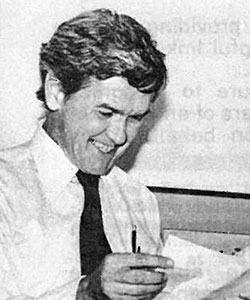
Journal writing is a powerful tool for self-reflection,
personal growth, and capturing the essence of your thoughts and emotions. It
provides a safe space to explore your inner world and gain insights into yourself.
But where to start and how to
make the most of your journaling session?
Consider the W.R.I.T.E. method that
provides a structured approach to journaling to help you dig deeper into your
thoughts, feelings, and experiences. Here’s how it works:
W - What do you want to
write about? The first step of the W.R.I.T.E. method is to identify what you
want to write about. Take a few moments to reflect on current events in your
life, your thoughts, feelings, goals, or any situations you want to address.
Give a name to what you are thinking about and start writing about it. This
step sets the intention for your journaling session and helps you focus your
thoughts on a specific topic or theme.
R - Review or reflect on it:
Before you begin writing, take a moment to review or reflect on the topic
you've chosen. Center yourself and create a calm mental space. You can use
"I" statements to describe what you are feeling or experiencing in
the present moment. This step allows you to connect with your emotions and
thoughts, grounding yourself in the present and creating a sense of mindfulness.
I - Investigate (explore) what you are thinking and feeling: Once you've established a connection with
your present state of mind, it's time to dig deeper into your thoughts and
feelings. Keep writing without judgment or self-censorship. Allow your thoughts
to flow freely onto the page, exploring the various aspects of your chosen
topic. Ask yourself probing questions. If you find yourself feeling stuck, read
what you have written so far and refocus your attention. This step helps you
gain further insights and consider different perspectives.
T - Time: Allocate a
specific amount of time for your journaling session, aiming for a minimum of
five minutes. Consider setting a timer or alarm. This time constraint
encourages you to write without overthinking, promoting a
stream-of-consciousness style of writing.
As you become more comfortable with
journaling, you can adjust the time according to your preferences and available
schedule. This step helps you stay focused and prevents the session from dragging
on indefinitely.
E - Exit purposefully and
thoughtfully: As your allocated time comes to an end, it's essential to exit
your journaling session thoughtfully. Take a few moments to read and reflect on
what you have written. Notice any recurring themes, patterns, or emotions that
emerge from your writing. Summarize your main takeaways in one or two
sentences, capturing the essence of your journaling experience.
Additionally,
consider any action steps you want to take based on your reflections. These
action steps can serve as guideposts for personal growth and self-improvement. This
step helps you put the journaling session in to perspective and put your insights
into action.
The W.R.I.T.E. method provides a structured framework for
journaling that can enhance your self-reflection and personal growth journey.
By consciously incorporating each step into your journaling practice, you can deepen
your understanding of your thoughts, feelings, and experiences.
Keep in mind
that journaling is a flexible and personal process, so feel free to adapt the
method to suit your individual needs and preferences. Embrace the power of
writing, and let your journal become a trusted companion on your path to
self-discovery.








